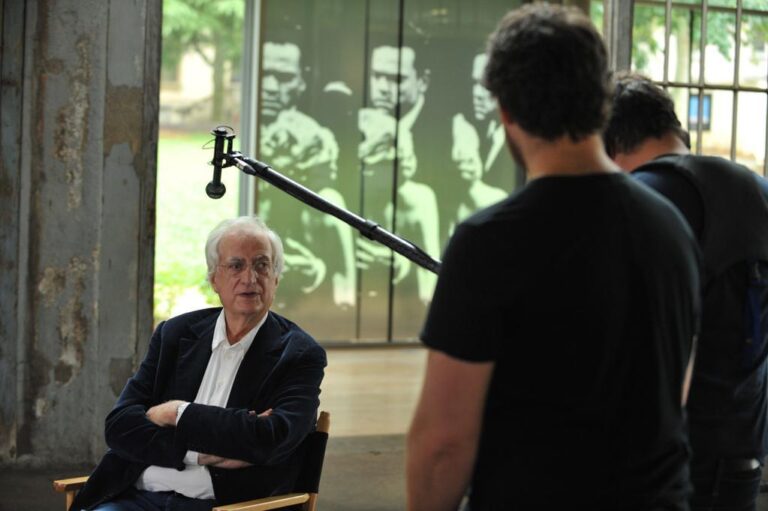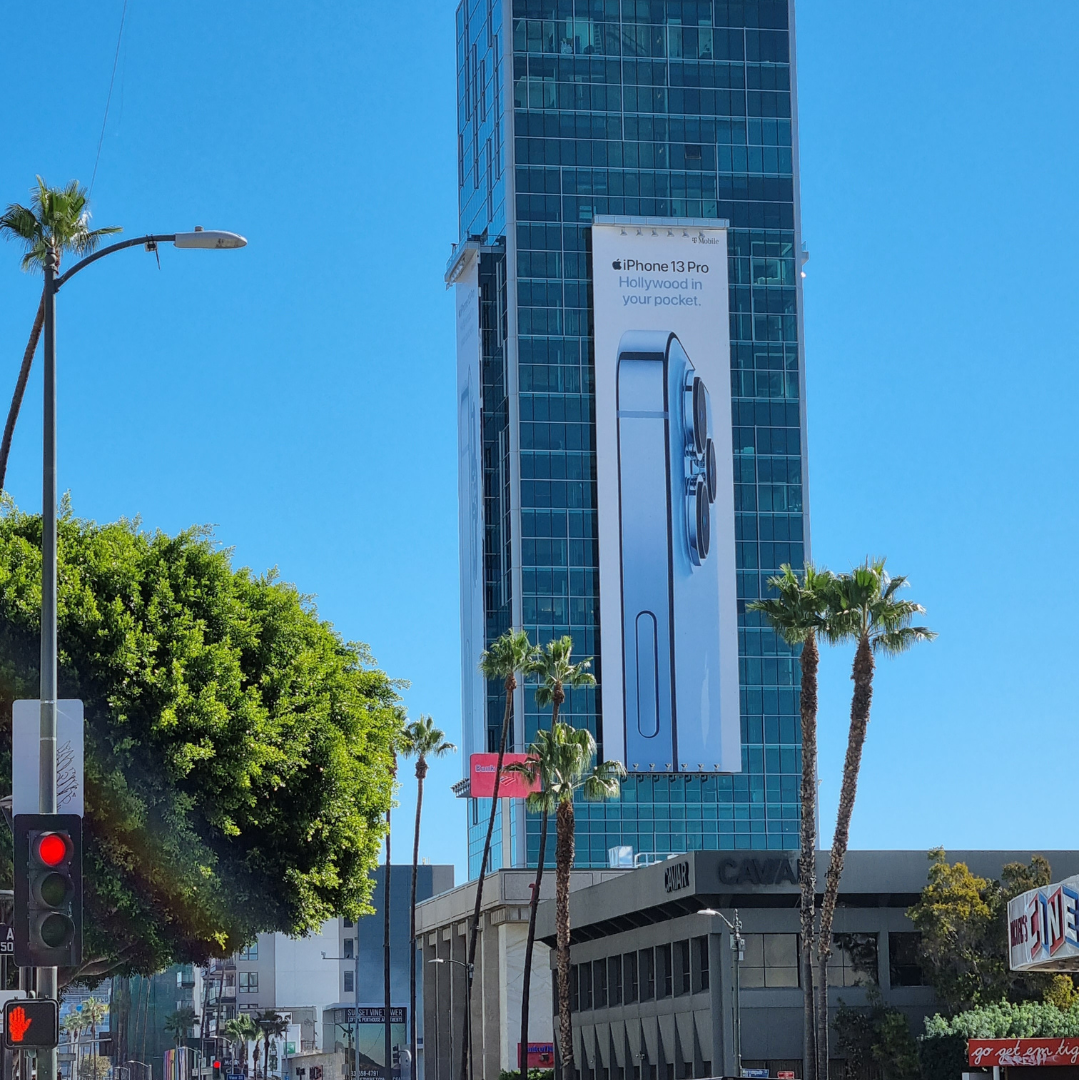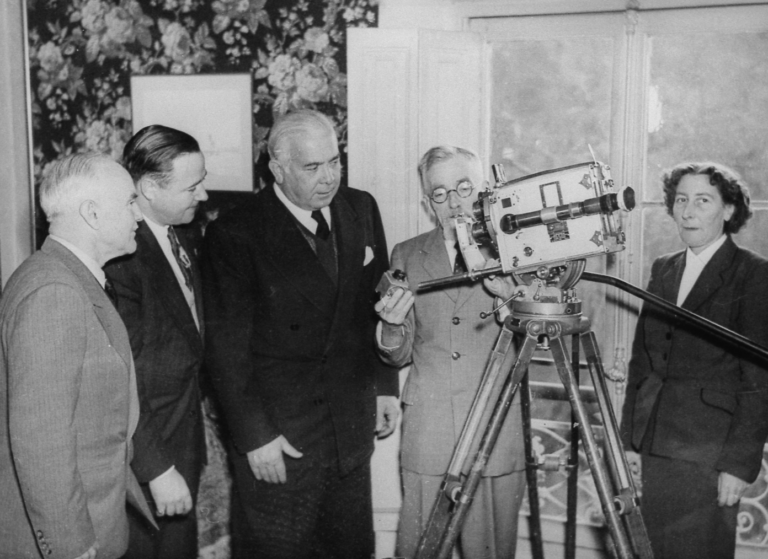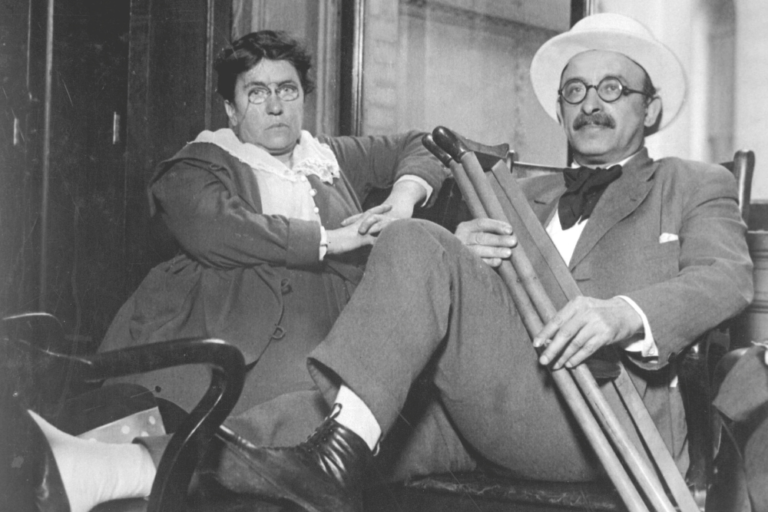
In Hollywood, the Art of Storytelling is the Art of Selling

Alain Moreau
By Alain Moreau
To sell a product, you have to tell a good story; to tell a good story, you have to sell it first. And that means making a good pitch. Originally, the pitch is the gesture of the pitcher in baseball. By extension, it’s the act of pitching an idea to someone in the hope that they will buy into it. It is to train in this particular art that French screenwriters recently came to Los Angeles.
American TV series have always given fictional salespeople leading roles. Michael Scott, in the American version of The Office, is the worst business manager in the history of business managers, but an excellent salesman for the Dunder Mifflin Paper Company. Breaking Bad and Better Call Saul’s Saul Goodman is a priceless lawyer, crook and smooth-talker who sells prepaid cell phones to dealers with the same pitch he uses to sell the US constitution in court. And Mad Men’s Don Draper is a top advertising executive who has to find a great new idea to sell to his client to help them sell their product, in each episode of the series.
If salespeople are given higher status in the US than in France, maybe it is because Americans have a more laid-back, unapologetic relation to money. In France, we’d rather talk about politics and good restaurants while accountants and bankers do the math for us. But different approaches to money are only part of the explanation. Americans are more relaxed than the French when you try to sell them something because, for them, selling is, first and foremost, about storytelling. And we all love to hear a good story.
A Frenchman in LA
I am a screenwriter for French television and I have just spent three amazing weeks in Los Angeles, as part of the Villa Albertine “Boulevard des Séries, La Fabrique” program. When you land in the US for the first time, the first thing you notice is the change of scale. This is not a myth: in America, everything is far bigger, from LAX’s endless terminals to sixteen-lane highways and parking lots that stretch over the horizon.
But when the fog of jet lag finally lifts, your eyes refocus. And you suddenly realize there is much more to take in than just a change of scale. First, there is the cultural vibrancy of this megalopolis, and all the communities who breathe life into it with their range of music, cuisine, and multicolored frescoes. Second, there is the despair of the homeless – a constant tragedy that the Covid crisis has only worsened. It reminds us that LA is not just the city where dreams get made but also where they get broken. Lastly, when you look up, there is advertising. Everywhere, the relentless Californian sun beams onto giant billboards.
Show me an ad, and I’ll write you a story
Of course, French cities are likewise invaded by billboards. But every advertisement my eyes fell upon in LA included an original detail that caught my attention as a screenwriter: a tagline. In marketing terms, it is that short, powerful phrase that grabs our attention. One of Hollywood’s most famous taglines is that of the Alien movie poster: “In space, no one can hear you scream.” In France, we use them both on film posters and book covers; some screenwriters add one to their script before getting it read. But you rarely see them on billboards for washing machines or make-up remover. For such routine products, our advertisements instead offer rational arguments like value for money, technical performance, and all-natural ingredients.
In the US, you see a tagline on every billboard, whether it is trying to sell the latest iPhone, the third season of a popular series on HBO, or a new chocolate bar. They are written in bold type and are not rational arguments. They sell an idea linked to a brand and tell the start of a story (I am speaking under Draper’s supervision). Only by buying the product will the consumer discover the rest of that story – even if it sometimes falls short of expectations.
This cult of storytelling dominates all communication channels in the US. On a car journey, I heard a radio advertisement for bowel cancer screening for men over fifty. The subject was hardly glamorous. In France, it would have been tackled in the form of a serious, factual medical explanation. In the US, it took the form of a sketch, a dialogue between a fifty-something man and his teenage daughter, who persuades him to get screened because she will need him as a babysitter – in ten or twenty years, when she has a family of her own. The exchange is funny, the actors deliver it well, and the commercial break hits the mark. The seduced listener probably won’t be smiling when he gets his colonoscopy, but it does not matter: the advertising goal has been reached because the screening was not sold as a cold, clinical need, but as a heart-warming tale about a father and his daughter.
The art of the pitch
All Hollywood professionals are immersed in this culture of narration. To sell a product, you have to tell a good story. To tell a good story, you have to sell it, first, and therefore deliver a top sales pitch. The term “pitch” derives from the pitcher’s throw in baseball. You throw an idea to the public in the hope that they will embrace it – hence use of the term “pitch” in sales. There are considerable language nuances here: in English, you throw an idea, hoping it will bounce up high; in French, you argue to convince.
Pitches are increasingly delivered in the French audiovisual industry, but it is still the tradition of the written word that dominates in France. This contrasts with Hollywood, where the pitch remains an institution. All US screenwriters are used to pitch meetings where they deliver a twenty-minute speech, followed by a Q&A. If their audience is won over, the script gets greenlighted. And as Billy Ray reminded an array of French writers about to pitch him their ideas, “When you walk into a pitch meeting, don’t try to look smart. Just give us the emotional hook”.
Some irreverent Americans claim this tradition of pitches comes from the laziness of studio directors who cannot be bothered to read scripts and so prefer to hear stories told to them. Whatever the reason, each US series – from the most mainstream to the most offbeat – was first sold in this oral form before it appeared on our screens. In France, we like to analyze in writing these great television works from across the Atlantic. We decipher them and, in my view, over-intellectualize them. Yet these series were first imagined as emotional candies that should melt in our mouths for as long as possible. That does not mean their creators do not have an original outlook on the world and humanity. On the contrary – a series without a theme-based engine cannot last for many seasons: it will quickly run out of gas. But weighty subjects are emotional by nature. They speak to the heart, not the intellect.
A dealer in emotions
A scene in The Americans epitomizes this idea of emotional power transcending any intellectual reasoning. While her daughter, Paige, is watching a soap opera from the 1980s, Elizabeth Jennings (a Russian spy living in the US under a false identity) tries to understand her daughter’s interest in it, and joins her on the sofa. Since their relation is strained, this is a chance to ease tensions. But the teenager, seeing that her mother is contriving the situation, switches to another TV program. Elizabeth insists that she’s “just trying to understand”. “Mom, it’s not logical. It’s emotional,” her dismayed daughter deadpans.
It is disturbing to realize how much Hollywood storytelling uses the same methods as advertising and propaganda. Yet this parallel stands to reason when you consider the bond that has always tied television to advertising. The initial purpose of serials, on radio and, later, television, was to pull down our mental barriers and get beyond our ability to reason so that an advertisement for laundry detergent could be thrown at us. Has the advent of streaming without advertisements changed all this? Absolutely not. Screenwriters who write today for Netflix, Amazon or Hulu are the same as those who wrote years ago for NBC, Fox or ABC. Commercial breaks might have disappeared, but the recipe is the same: a good series grabs the viewer emotionally.
Is it unethical to see viewers as drug addicts to whom TV series give new shots of powerful emotions at each episode? Not if you educate them. A child who knows the monsters they ride past in the ghost train are just rubber models still loves getting scared. And let’s face it: today’s viewers are fully aware that TV series play with their emotions. They consent to this, expect it, and hope screenwriters will be clever enough to take them on an emotional rollercoaster.
So, let’s get to work! Whether we are American or French, we screenwriters need to fine-tune our pitches to sell great stories to the public. After all, to sell them detergent, perhaps you have to first share with them your deep musings on the human condition…


